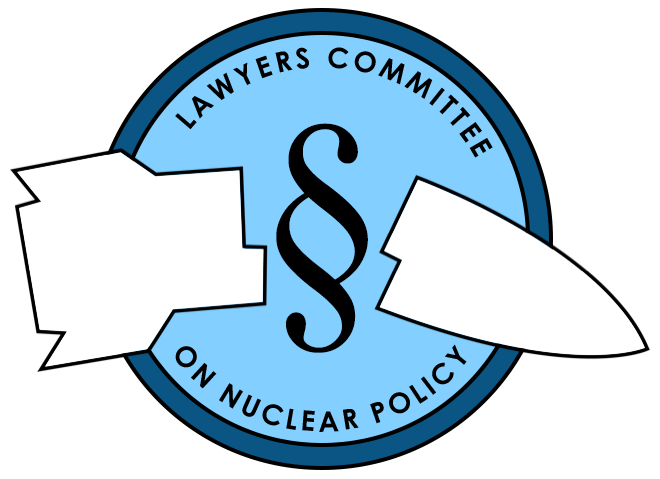New START “Hardball” Risks Nonproliferation Regime
Guy C. Quinlan
President, Lawyers Committee on Nuclear Policy
The Trump Administration recently asked the military to assess how quickly nuclear weapons could be retrieved from storage and attached to delivery vehicles if New START is allowed to expire in February. The reported purpose is to convince the Russians that the Administration is serious about allowing the treaty to expire if its demands are not met as to such issues as enhanced verification. However, this negotiating tactic is ill-conceived and extremely dangerous. It additionally risks violation of international law under the Nonproliferation Treaty (NPT).
First, there is absolutely no military need for an increase in the number of deployed warheads. Military leaders have repeatedly said that they could carry out their mission with an even smaller number than we currently have deployed.
The reported objective of Trump's negotiating strategy is to achieve an increase in verification with any renewal of New START, but it would be irrational to cite this a reason for not renewing New START at all. Failure to renew would lose the existing comprehensive verification program, causing a drastic loss of transparency which would increase the risk or war by accident or miscalculation.
In addition, deploying large numbers of additional warheads would be met by a like Russian response, and almost certainly affect China’s plans as well, leading to a dangerous new phase of the arms race. Their nuclear strategies have been largely shaped by fear that the U.S. is seeking first strike capability; massive new deployments, clearly unrelated to any need for deterrence, would just confirm that suspicion, again increasing the risk of war by accident or miscalculation.
The Trump Administration’s strategy may not only result in the loss of New START, but it may also deliver a severe—possibly fatal—blow to the existing nonproliferation regime, which is already under severe stress. Legally, the Trump Administration’s hardball negotiating tactics here could be a flagrant violation of Article VI obligations under the Nuclear Nonproliferation Treaty (NPT), which requires states party to negotiate in good faith for an end to the arms race and genuine nuclear disarmament. The nuclear weapon states affirmed this obligation through commitments to reduce the role of nuclear weapons in their national security policies made at the 2000 and 2010 Review Conferences.
Separately, while even the present modernization plans are not affordable, the resulting acceleration of the arms race would be a bottomless money pit.
New START is the last remaining nuclear arms control agreement between the United States and Russia. It would be reckless and irresponsible to allow its expiration. Advances in verification techniques, and a wide range of other arms control issues, can and should be pursued in negotiating followup agreements. Meanwhile, however, the existing stability and transparency benefits of New START should be preserved by its prompt renewal.

